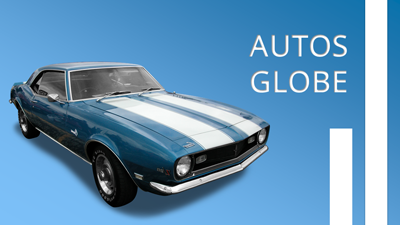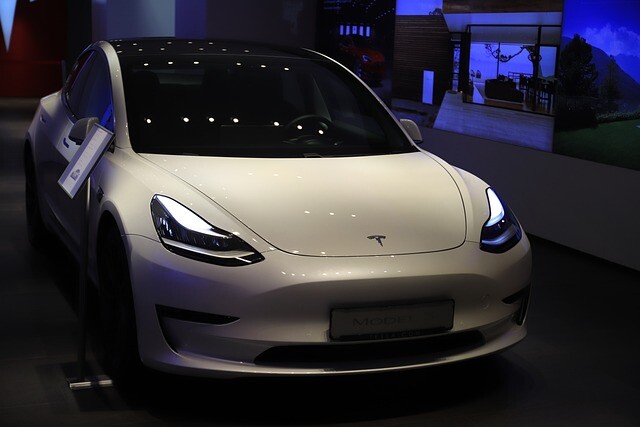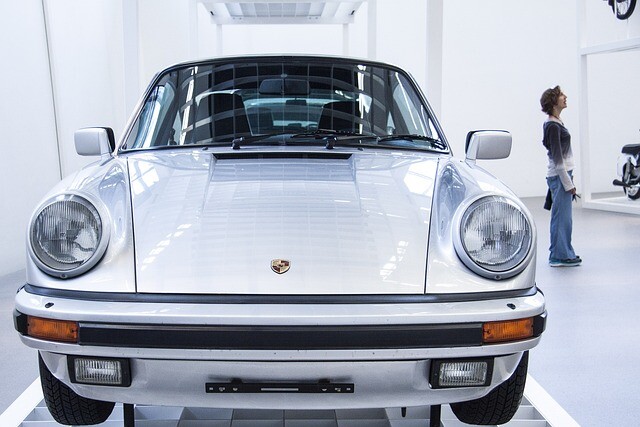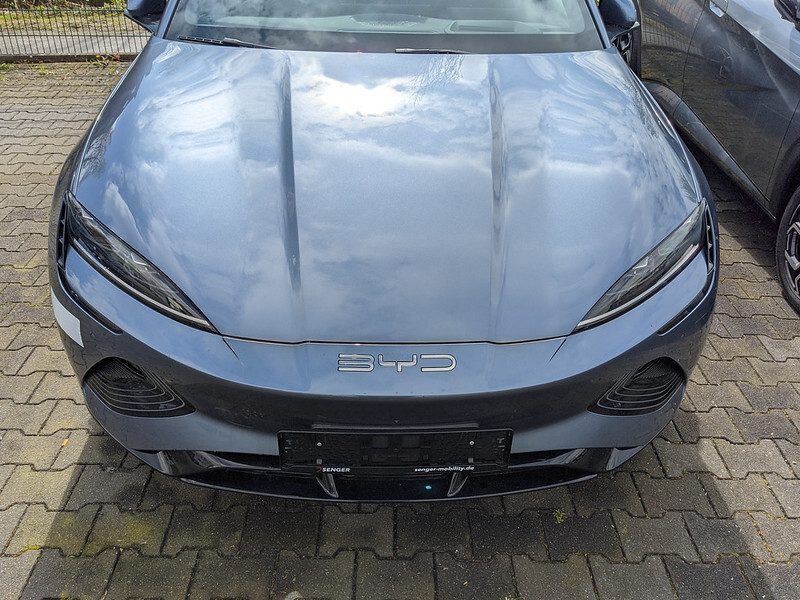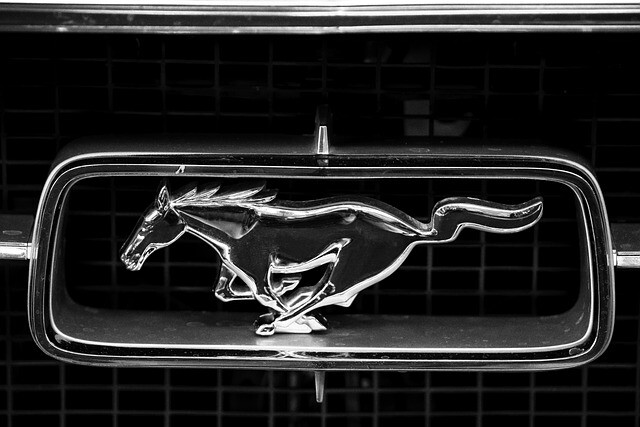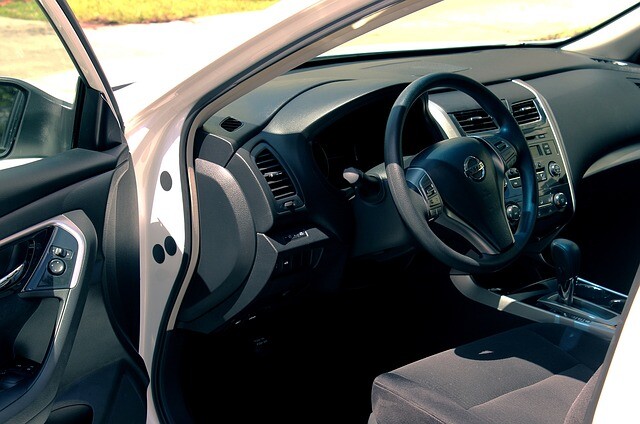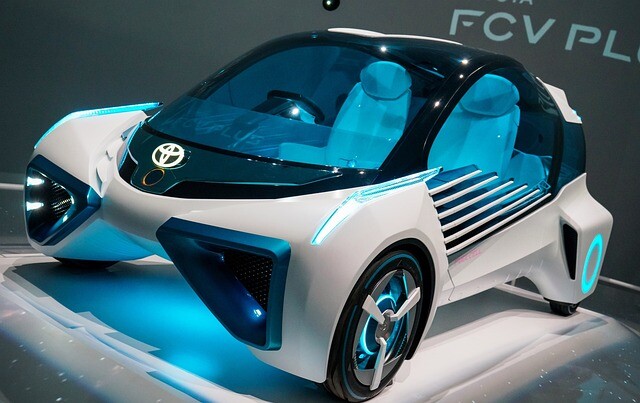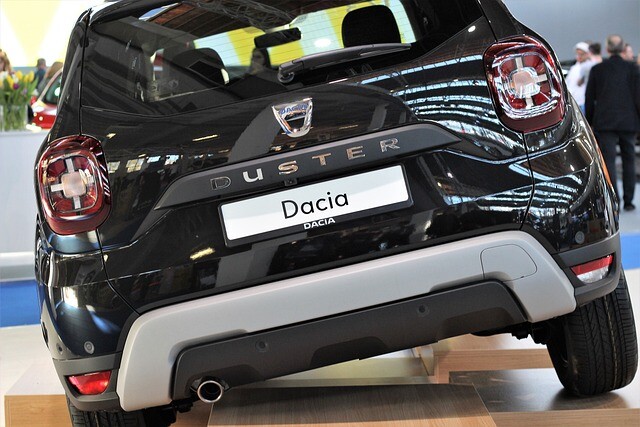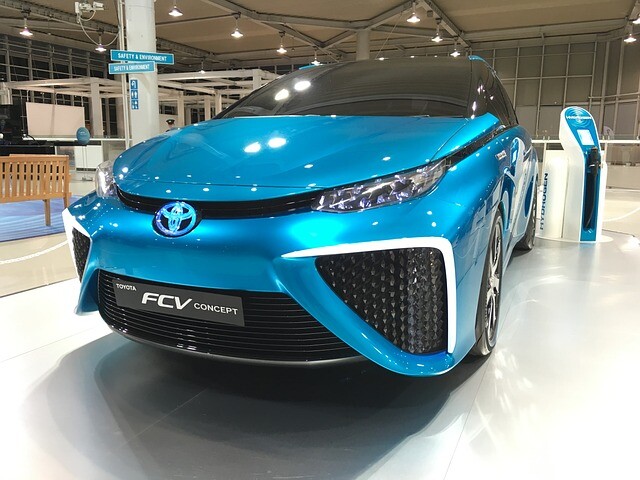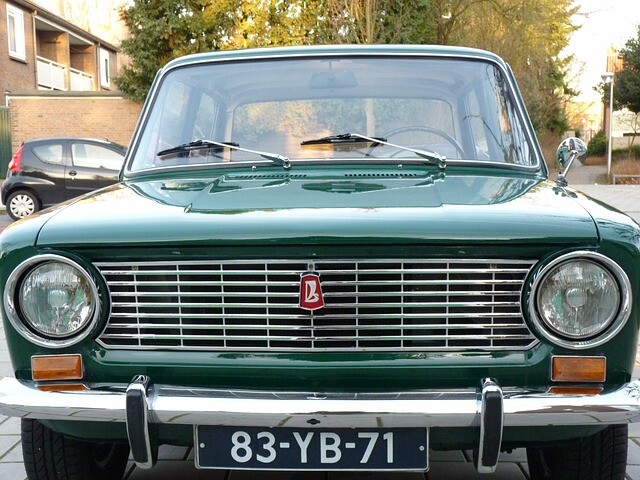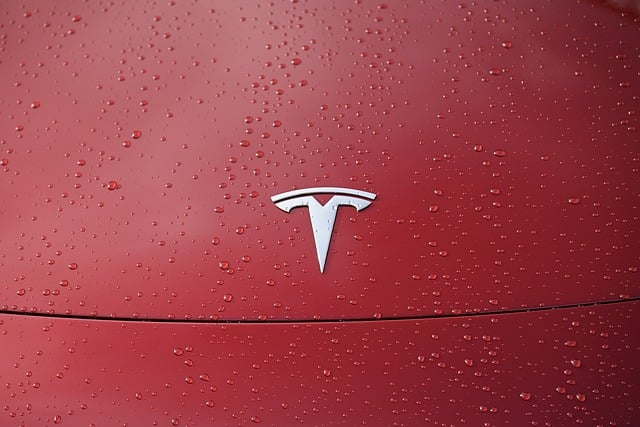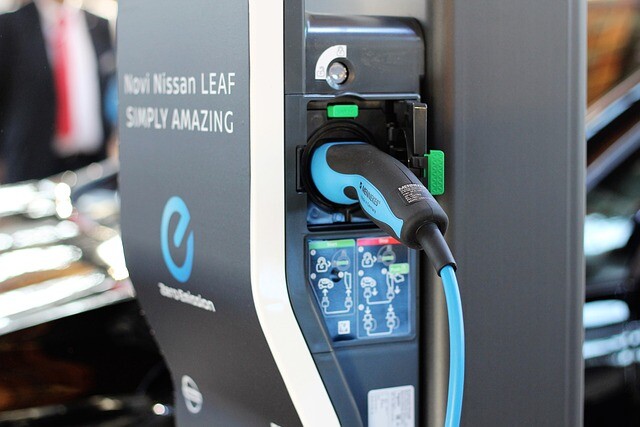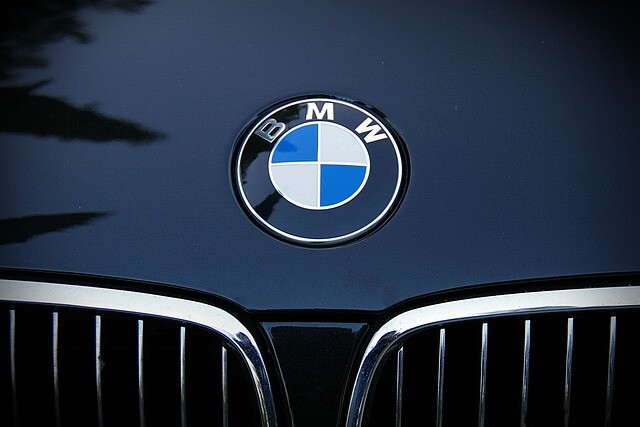Networked cars can add a new driving experience
Technology and innovation are also revolutionizing the world of vehicles, with connectivity linking traffic, roads, people and the environment.
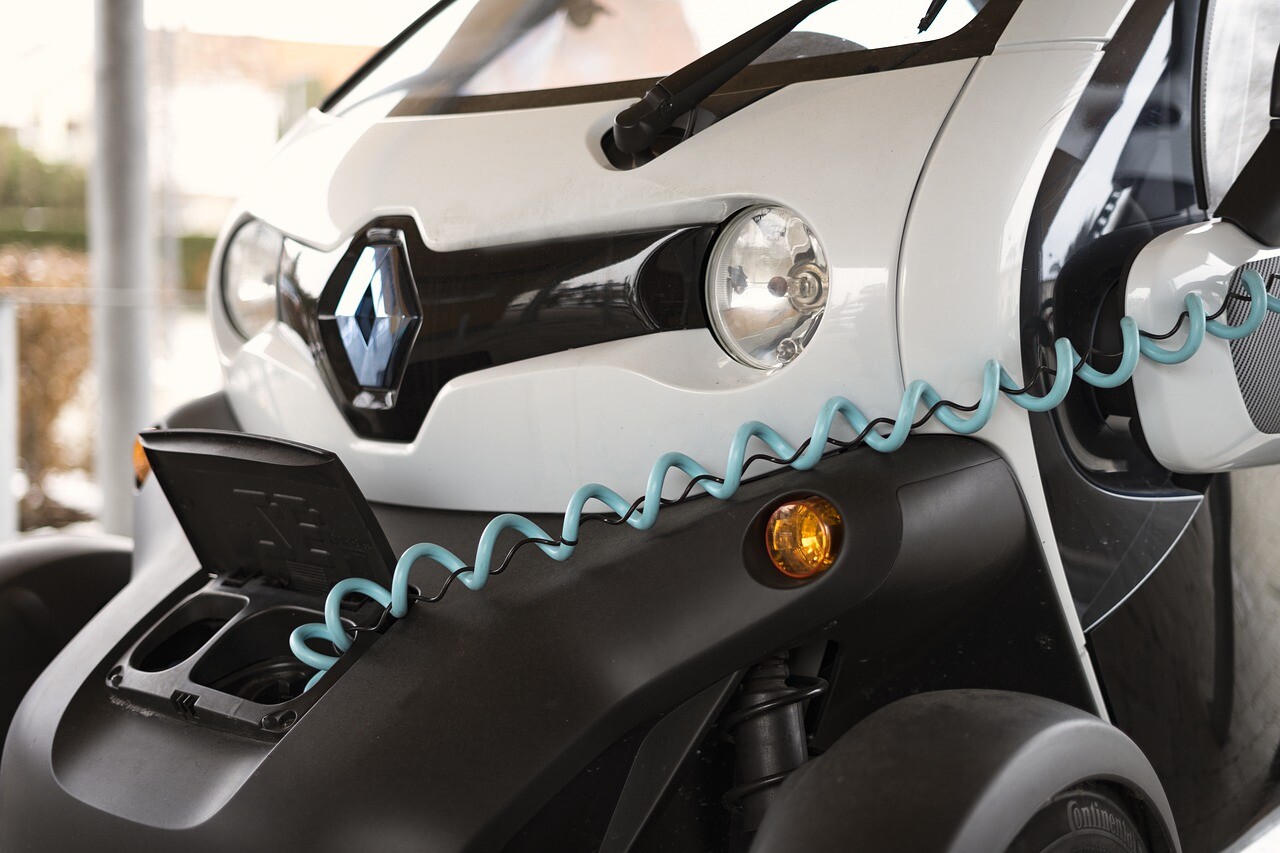
Development will be driven by a number of other factors, including increasing vehicle safety or optimizing traffic. Here are some key areas.
V2X and cooperative mobility
V2X (vehicle-to-everything), ie communication between vehicles and everything else, can take road and driving safety to a new level. Combined technology can reduce accidents, reduce congestion and reduce pollution.
Cars can "talk" and share their data, such as their current speed or position, and facilitate communication between vehicles and road infrastructure (V2I), such as traffic lights and road signs.
V2X can also create new business opportunities. Related technology developments involve several segments, including cloud computing, high-performance processors, intelligent software, and advanced networking technology.
Vehicles can exchange data and communicate with each other over wireless networks. Data collected by car sensors is transmitted to the cloud, where deep learning algorithms identify various objects, operations, and events. Real-time information can be used to optimize traffic and improve transportation efficiency, among others.
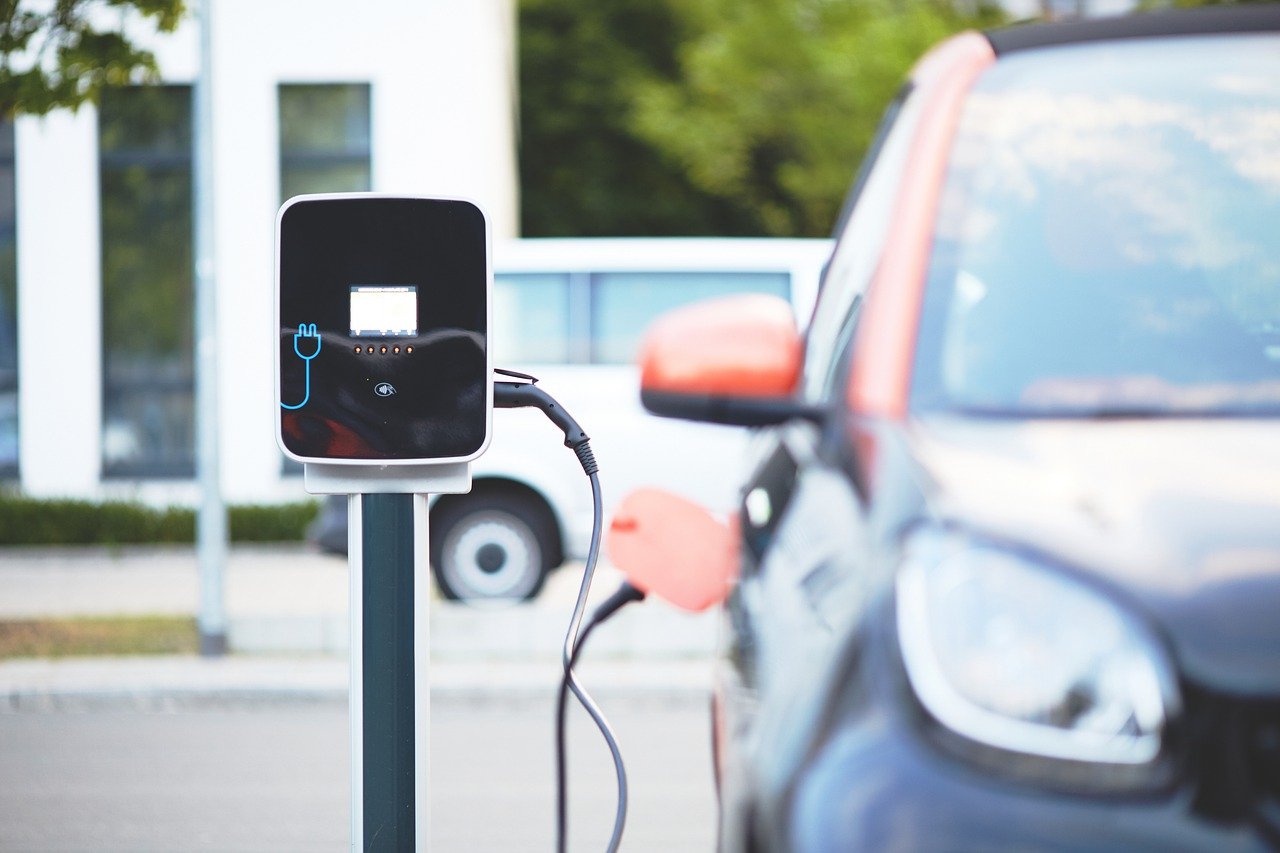
E-commerce and logistics
An important part of the transport of the future can be self-driving vehicles, which can also be used for last mile transport. This covers the delivery of goods from the point of delivery to the destination, which is one of the great challenges of record-breaking e-commerce today. In a crowded urban environment, space is often scarce and delivery is often required during peak hours.
However, trucks were not necessarily invented for transportation on narrow streets. Autonomous wagons, such as self-guided robotic couriers, on the other hand, can be especially useful in delivering your order to your door.
User experience on four wheels
Car-as-a-Service (CaaS), a model that treats the car as a kind of service and includes car sharing, can create a number of new opportunities in urban transport. Its benefits include, for example, cost flexibility, on-demand availability and environmental friendliness.
The smart car experience is not just about the vehicle itself. This is because users are increasingly demanding solutions that increase their entertainment and comfort. Data collected by a connected car and new services can also transform the driving experience and related offerings. These types of infotainment systems can bring the user's digital life into the passenger compartment even more. Thus, motor vehicles are becoming more and more than a simple means of transport - writes iotzona.hu .
(Source: autokalauz.co.hu; iotzona.hu | Image: pixabay.com)
